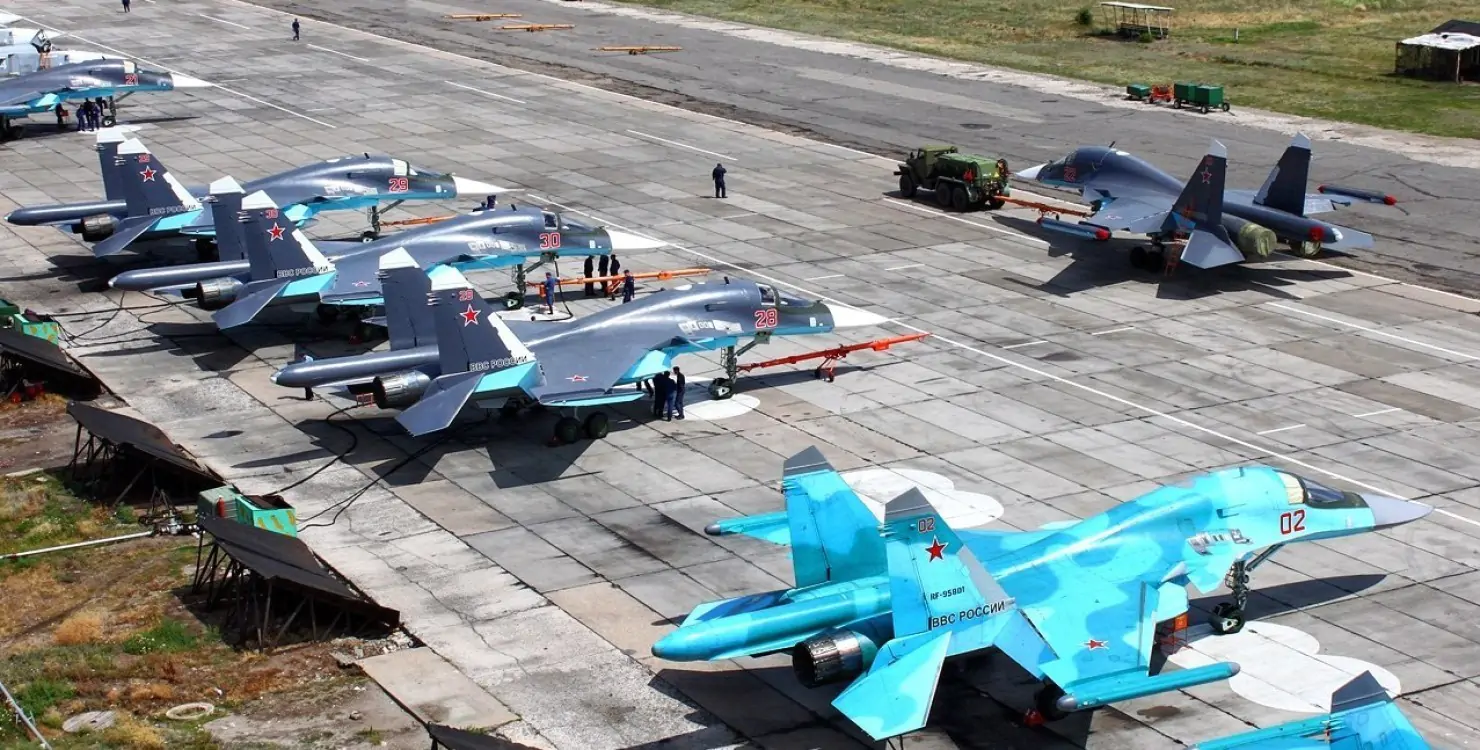As Russia deploys a flotilla to Cuba, seeking to rekindle Cold War tensions and project power, Ukraine’s resilient defense efforts highlight the hollowness of such displays.
The Kremlin’s dispatch of a flotilla consisting of a frigate, a submarine, an oil tanker, and a tugboat to Cuba was promptly sensationalized by Russian media, eager to frame the event as “Russia sends warships to US shores,” evoking Cold War era tensions. Only the second such instance for many years, with the latter also coming after the large-scale invasion of Ukraine in 2022, Russia is evidently attempting to assert its presence and project power in the Western Hemisphere, but is it succeeding?
JOIN US ON TELEGRAM
Follow our coverage of the war on the @Kyivpost_official.
This June, Russia sent a fleet including the frigate Admiral Gorshkov, the nuclear-powered submarine Kazan, the fleet oil tanker Pashin, and the rescue tug Nikolai Chiker to Havana, scheduled to remain from June 12 to 17, 2024. Cuban officials have heralded this visit as part of the “historically friendly relations” between the two nations. This follows the docking of the Russian navy’s training ship Perekop in Havana last July, marking the first official visit by a Russian naval vessel in years.
While these visits highlight increasing military and economic cooperation between Russia and Cuba, particularly as Cuba relies more heavily on Russian support amidst its worst economic crisis in decades, the reality behind these deployments reveals a much less formidable picture of Russian naval power.

Russia to Scrap Missile Moratorium as US Deployments Expand
The Russian navy, once a symbol of Soviet strength, now frequently suffers from mechanical failures and operational inefficiencies. A glaring example is the Admiral Kuznetsov, Russia’s sole aircraft carrier, which notoriously broke down while crossing the English Channel in 2018, belching black smoke and starkly contrasting its intended image of power.
Moreover, the ongoing conflict in Ukraine has significantly exposed the vulnerabilities within Russia’s Black Sea Fleet. Ukrainian forces have successfully targeted and severely damaged several key Russian vessels, including the fleet’s flagship, substantially diminishing its operational effectiveness and forcing the Russians to retreat from bases in occupied Crimea in October 2023 in fear of further Ukrainian strikes. These setbacks underscore the declining state of Russia’s naval capabilities despite its attempts to stage grandiose displays of power.
The broader implications of Russia’s Cuban naval deployments are more about signaling and less about substantial military capability.
Adding to the geopolitical nuances, the Canadian frigate HMCS Margaret Brooke is scheduled to visit Havana shortly after the Russian vessels. It would be misleading to view this visit as a significant shift in Canada-Cuba relations or as a threat to Caribbean nations – so why view the Russian visit in the same guise? Instead, it highlights the contrasting motivations behind such naval deployments and might signal Cuba’s possibly undecided stance towards future relations with Russia and the West.
The recurring Russian naval visits to Cuba stem not just from military strategy, but also from the geopolitical isolation Cuba faces. Decades of economic sanctions and political ostracism by the West have driven Cuba closer to Russia, providing Moscow with a foothold near US shores. Nevertheless, the infrequent nature of these fleet deployments highlights both the fragility of the Cuba-Russia relationship and the dire state of the Russian fleet, which seems incapable of conducting such operations regularly.
It’s time to rethink the West’s approach to Cuba. The economic and political campaigns against Cuba’s repressive government have yielded little change. Instead, a more effective strategy would involve appealing directly to the Cuban people, who are increasingly disillusioned with their pseudo-communist regime. Supporting democratic change on the island would not only improve the lives of its citizens but also diminish the appeal of a Russian alliance.
Communicating to the Cuban people en masse about their evident exploitation by Moscow is essential for altering political relations with Cuba. In its desperation for international support, Russia offers minimal economic aid, while Cubans, misled by state propaganda, are drawn into the Russian war machinery, making the ultimate sacrifice for Putin’s egotistic ambitions. The colonial attitudes adopted by Russia, which were starkly evident during the Soviet era and continue to this day, should be the central topic in conversations with the Cuban people. Ukraine has a significant role in this dialogue. Who better than Ukraine to share the experiences of manipulation and oppression by Russia and the Soviets, enticed by false promises of a better future?
Ukraine’s resilience and effectiveness in targeting and degrading Russian naval capabilities have demonstrated the real limits of Moscow’s power. The damage inflicted on Russia’s Black Sea Fleet by Ukrainian forces stands as a testament to this new reality. These victories not only degrade Russia’s military capabilities but also undermine its propaganda efforts, showcasing that such displays of strength are increasingly hollow.
As we look at the broader implications of Russia’s Cuban naval deployments, it becomes evident that they are more about signaling and less about substantial military capability. The Russian Navy’s troubles, exemplified by the repeated failures of the Admiral Kuznetsov and the significant losses in the Black Sea, paint a picture of a fleet struggling to maintain its operational effectiveness.
To paraphrase former UK Prime Minister Tony Blair, we must be tough on Russia but also on the causes that drive countries into Russia’s embrace. By addressing the underlying issues that make Russia an attractive partner to nations like Cuba, the West can more effectively counter Russian influence and promote stability and democracy in the region. This strategy involves a shift from punitive measures against the Cuban government to constructive engagement with the Cuban people, fostering conditions that could lead to democratic reforms and a reduction in the influence of external powers like Russia.
The views expressed in this opinion article are the author’s and not necessarily those of Kyiv Post.
You can also highlight the text and press Ctrl + Enter






